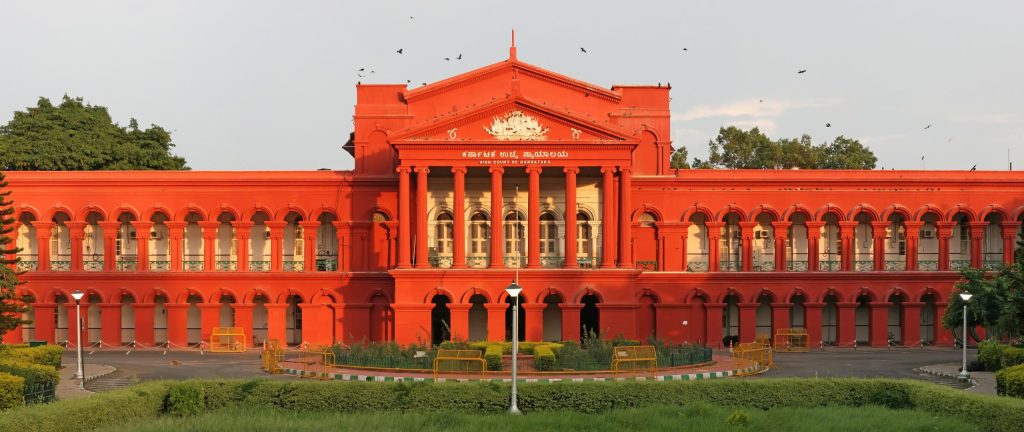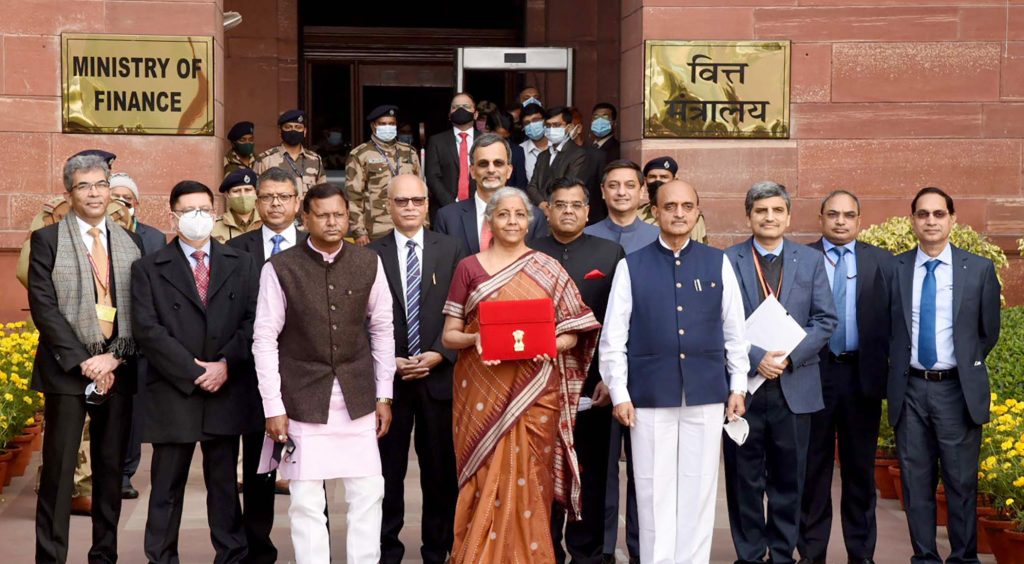Now Reading: Right to Privacy : Whether a Fundamental Right ?
-
01
Right to Privacy : Whether a Fundamental Right ?
Right to Privacy : Whether a Fundamental Right ?
The government’s move to make Aadhar mandatory for all citizen has once again triggered a debate around right to privacy. It has been argued by critics that making Aadhar mandatory will lead to breach in confidentiality of data collected through Aadhar. Since its inception, Aadhar has been criticized as a project which violates the right to privacy.
Right to privacy does not find any mention in the Constitution. This right, however, has been taken from Article 19 and 21 which deals with right to life and personal liberty. In the absence of this clarity, a string of judgements starting from 1962 defined privacy and what it entails.
As early as 1954, the apex court observed in a ruling that right to privacy is not a recognized right listed under Article 19 of the Constitution and held that it would not be possible to import the right by ‘strained construction’. But this did not bind the court to restrict the scope of Article 21 (right to life and personal liberty).
There are certain landmark judgements which laid down the foundation of right to privacy in India. In the case, Kharak Singh vs. State of U.P (1962), extending the dimension of ‘personal liberty’, the apex court for the first time declared that right to privacy fall under the purview of Article 21.
In Govind vs State of M.P (1975), despite agreeing that right to privacy is an emanation of Article 19 and 21 of the Constitution, the apex court held that right to privacy cannot be made an absolute right. The right could be made valid only subject to reasonable restrictions.
The right to freedom of press was put in question vis-a-vis right to privacy in Rajagopal vs State of T.N (1995). The court in this case defined privacy as part of Article 21 and as right to be let alone.
In Naz Foundation vs Govt. of NCT Delhi (2006), the court laid down that interference with personal liberty must follow a procedure. It was further observed by the court that the law and procedure authorizing interference with the personal liberty must also be right and just and fair and not arbitrary, fanciful or oppressive.
With recent developments in the online world, social media and numerous applications catering the needs of the people, the change come with a threat to individual’s personal information made available to the public.








